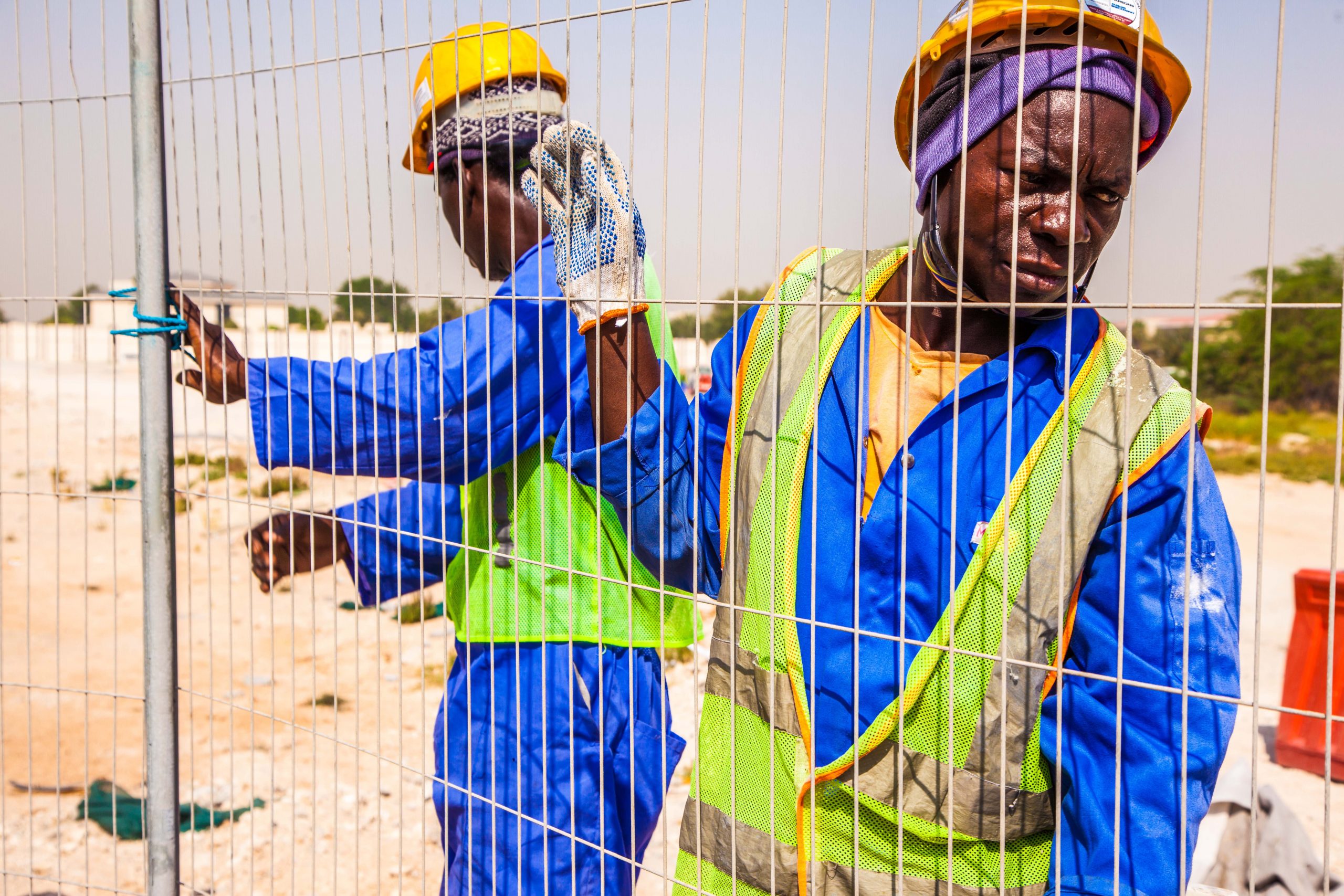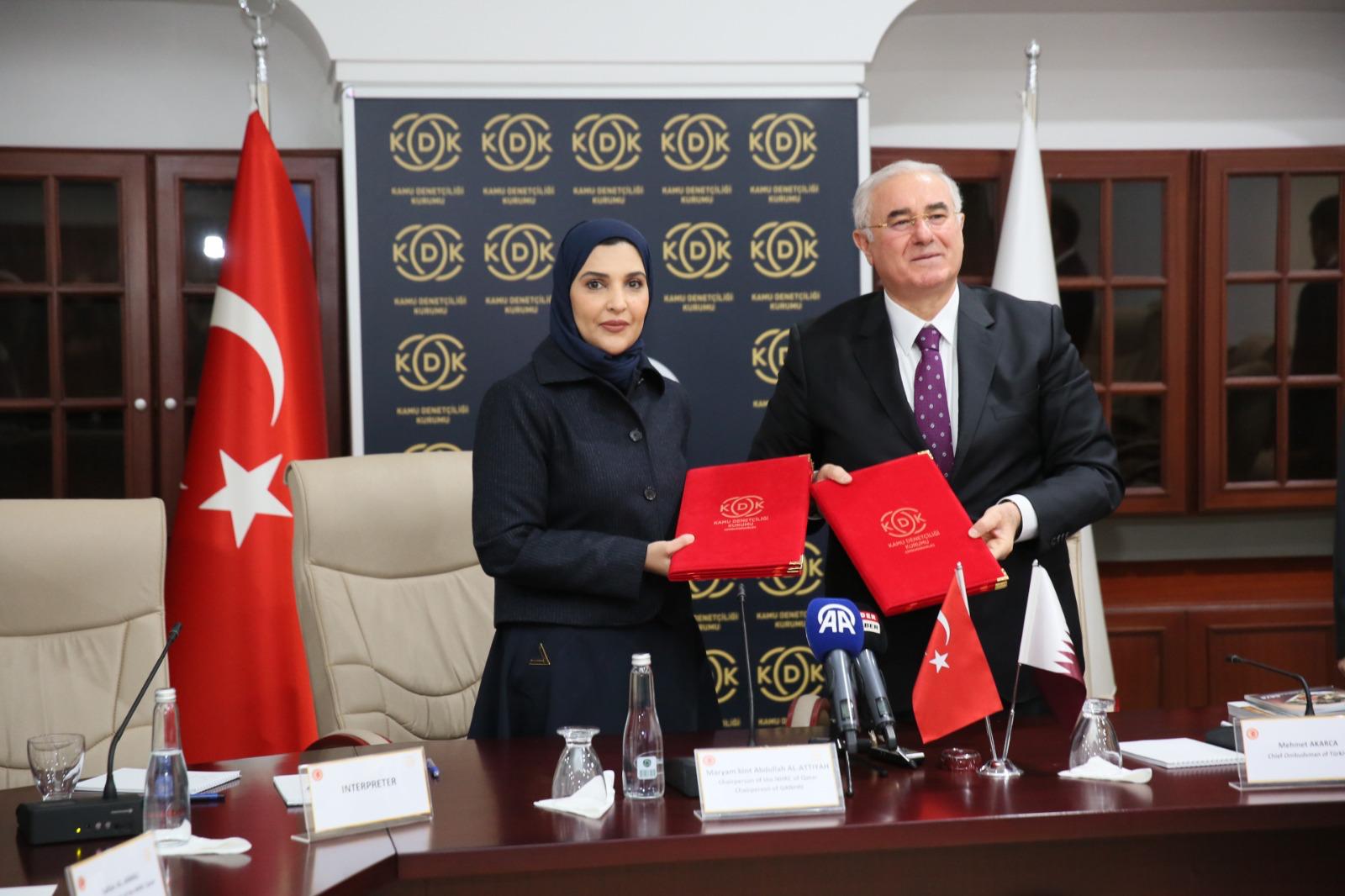
Qatar’s Cabinet has approved new plans to speed up the process for workers lodging official complaints against their employers.
The move would entail creating a labor resolution committee that addresses disputes within three weeks, QNA reports.
Currently, it can takes months or longer for a complaint to go through the legal system. This often discourages employees from lodging disputes.

And some workers who file complaints against their bosses have reported retaliation.
This can come in the form of docked pay, employers failing to renew their Residency Permits (RP) or removing them from company accommodation, UN labor officials noted last year.
How it will work
The new committee would be set up under the Ministry of Administrative Development, Labor and Social Affairs (MADLSA).
It would be chaired by a judge from the court of first instance who is chosen by the Supreme Judiciary Committee.
The panel would also include two labor ministry officials with accounting expertise.
“The committee is charged with settling all disputes related to the provisions of the labor law or a work contract in a period not exceeding three weeks,” QNA stated.
An appeals panel is also in the works. When established, it would be headed by a judge from the Court of Appeal and include two MADLSA officials appointed by the labor minister.
Parties will have 15 days to lodge an appeal, from the date of the decision of the first committee if they were present at the time.

If the initial committee decision was made in their absence, they have 15 days from the formal announcement of the verdict.
However, the proposed amendments don’t include any timeline for when appeals should be heard or decided.
It’s also unclear if the committee’s decision would be legally binding.
The draft amendments are not yet law, as they still need to be signed by the Emir.
Making a complaint
Under the current system, workers who haven’t been paid on time, don’t have a valid RP or have had their employment contract breached in some way usually approach their embassy.
Officials there often mediate with the employer to try to reach a solution.
If that fails, workers are generally advised to file a complaint at one of labor ministry’s three labor relations branches. This leads to a meeting between the worker and their employer.
Over the last two years, the ministry has tried to make it easier for workers to access the complaints system.

It set up a multilingual office within courts and service centers and rolled out electronic kiosks located outside central Doha that now accept grievances in 11 languages.
According to a 2014 report into the issue by Andrew Gardner, an associate professor at the University of Puget Sound in the US, officials say they resolve 90 percent of the 350 to 400 cases received each month at this stage.
Barriers
However, for those who can’t resolve their disputes, cases are referred to the Labor Court, which can lead down a long and frustrating road.
In the co-authored report Labour Migrants and Access to Justice in Contemporary Qatar, Gardner suggests that workers who manage to “make it to the finish line” often receive a favorable ruling.

But there are many challenges first, including understanding how to approach the justice system, language barriers, finding transportation to hearings and, in some cases, not having any income as their case proceeds.
Additionally, employers often don’t turn up to court hearings, drawing out the cases for many months.
Good first step
One labor rights organization tentatively welcomed some of the moves proposed in this week’s draft law.
However, questions remain around how the committee would fit in to the existing complaints structure.
Speaking to Doha News today, a Migrant-Rights.org spokesperson said:
“It’s good that that the committee is chaired by a judge. It remains to be seen if the verdict would be binding. The problem with committees is that they often have only powers to recommend or suggest, and not really to make it binding.
A fast-track labor court would be more effective.”
She added that access to justice continues to be a significant problem in Qatar. This is in part because many abused or stranded expats do not have the wherewithal to fight a long-drawn case.
Thoughts?







